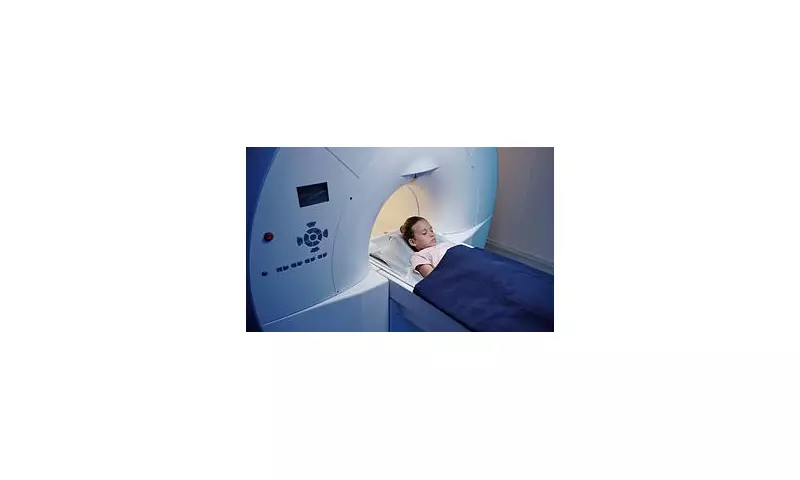
In what's being hailed as a landmark moment for paediatric neurology, British scientists have developed a groundbreaking gene therapy that could potentially cure a devastating form of childhood epilepsy.
The 'Brave' New Treatment
The pioneering therapy targets a specific genetic mutation that causes severe seizures in young children, effectively silencing the faulty brain circuits responsible for the condition. Early clinical trials have shown remarkable results, with participating children experiencing dramatic reductions in seizure frequency and severity.
How the Revolutionary Treatment Works
Unlike conventional epilepsy medications that merely manage symptoms, this innovative approach addresses the root cause of the condition. The treatment involves:
- Identifying the specific genetic mutation responsible for seizure activity
- Delivering corrective genetic material directly to affected brain cells
- Effectively 'switching off' the malfunctioning neural pathways
- Providing long-term, potentially permanent protection against seizures
Life-Changing Results for Families
For families who have watched their children suffer through dozens of daily seizures, the results have been nothing short of miraculous. Parents report their children are now able to enjoy normal childhood activities that were previously impossible due to their condition.
One mother described the transformation as "watching my child come back to life after years of being trapped by seizures."
Expert Commentary
Leading neurologists involved in the research emphasise that while more extensive trials are needed, the initial results suggest this could represent the first genuine cure for certain forms of genetic epilepsy.
"We're not just managing symptoms anymore; we're addressing the fundamental cause of the condition," explained the lead researcher. "This represents a complete paradigm shift in how we approach neurological disorders."
Future Implications
The success of this therapy opens new possibilities for treating other genetic neurological conditions. Researchers believe similar approaches could be developed for:
- Other forms of genetic epilepsy
- Certain movement disorders
- Inherited neurodegenerative conditions
- Developmental brain disorders
While the treatment is currently focused on a specific genetic form of epilepsy, the breakthrough demonstrates the enormous potential of gene therapy in revolutionising neurological care.





